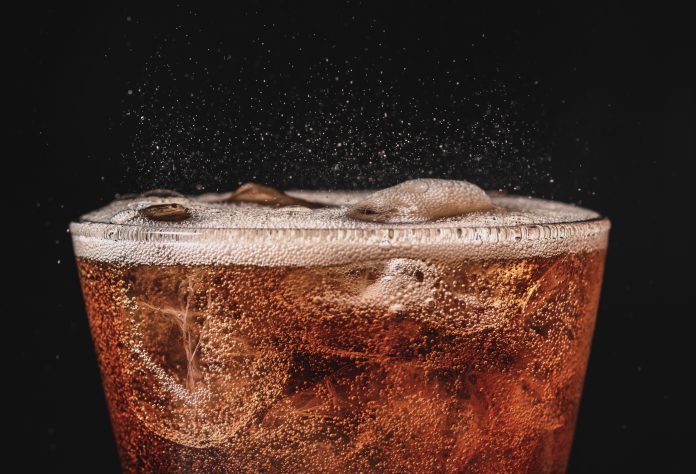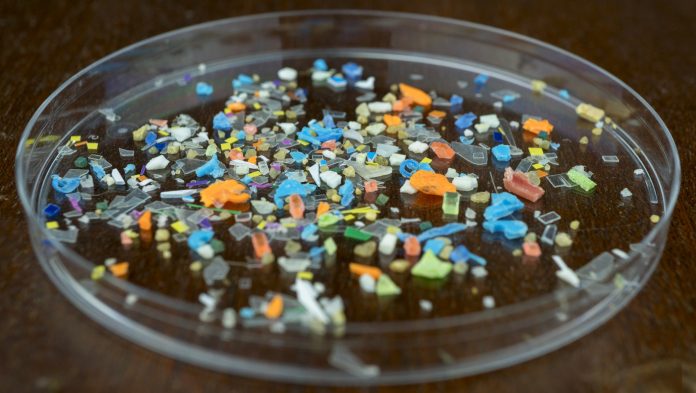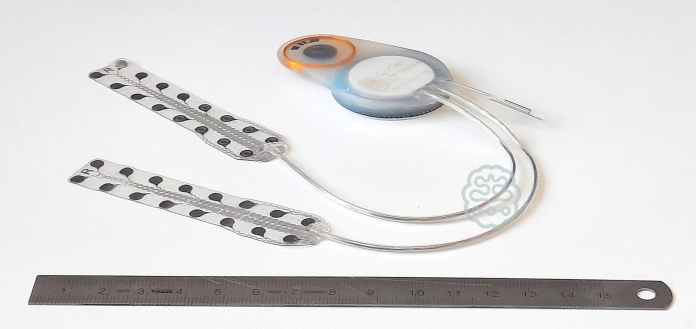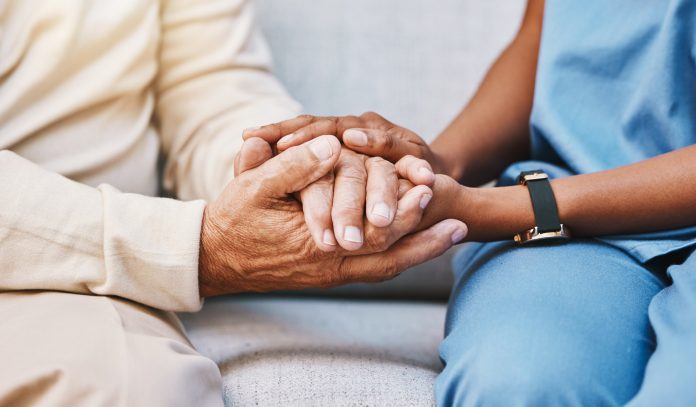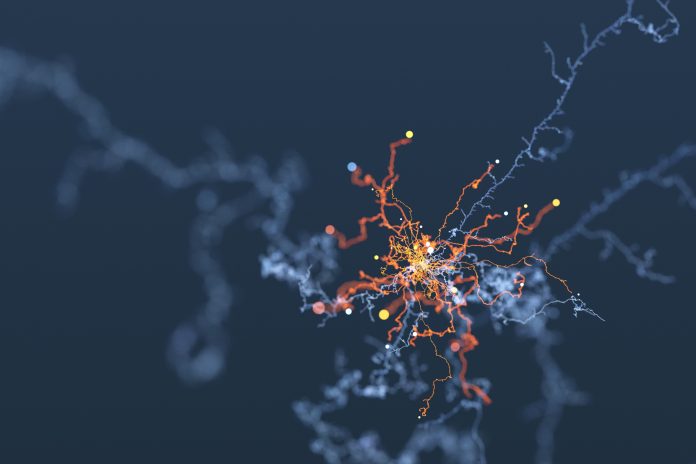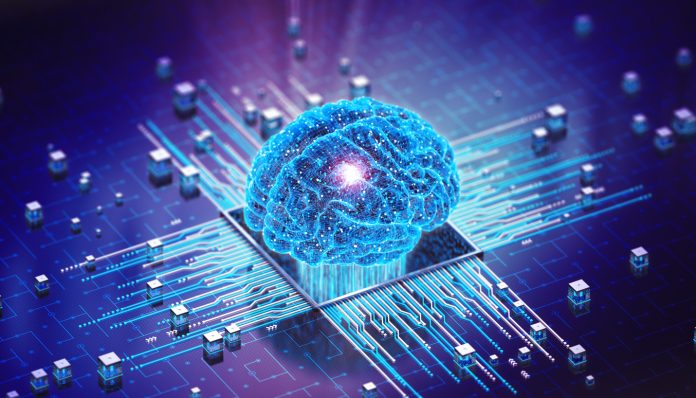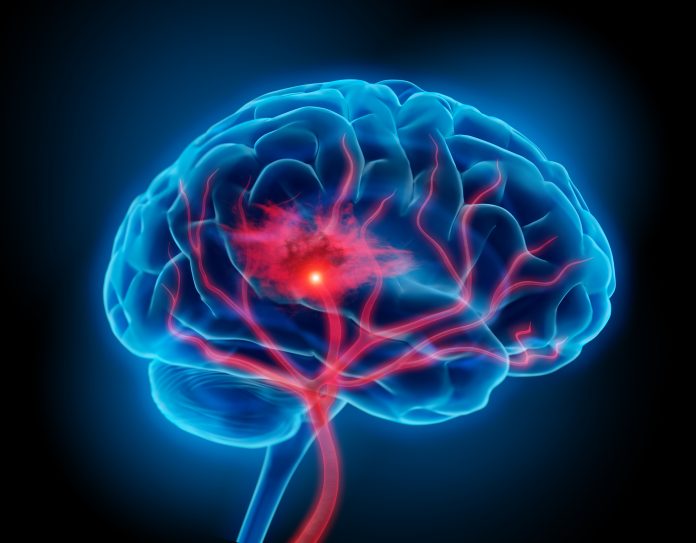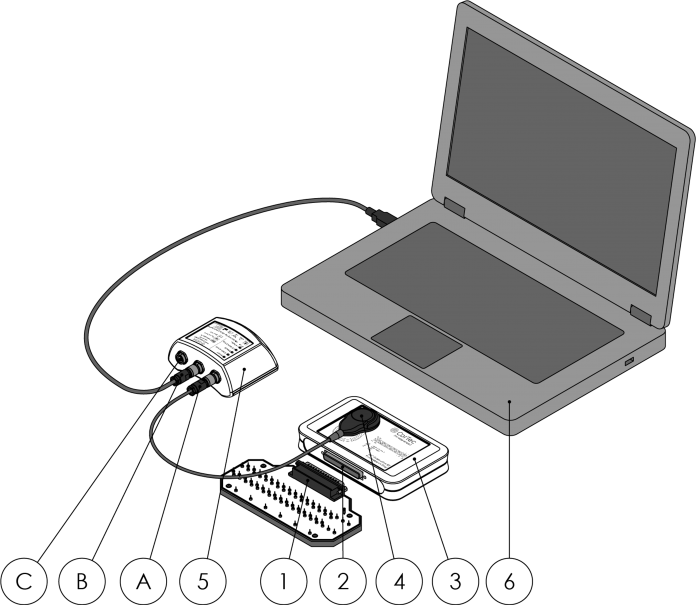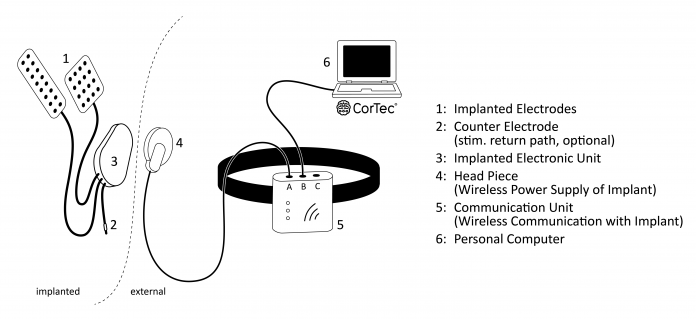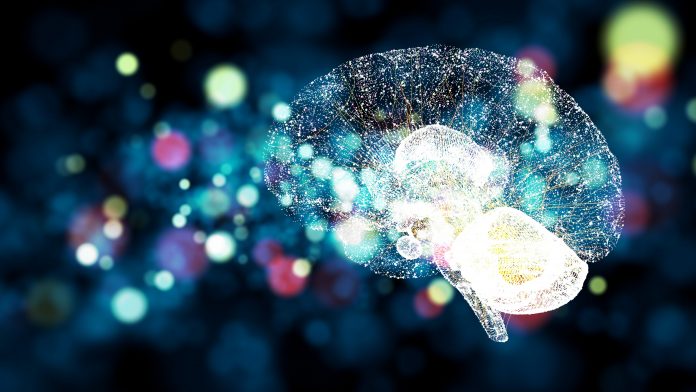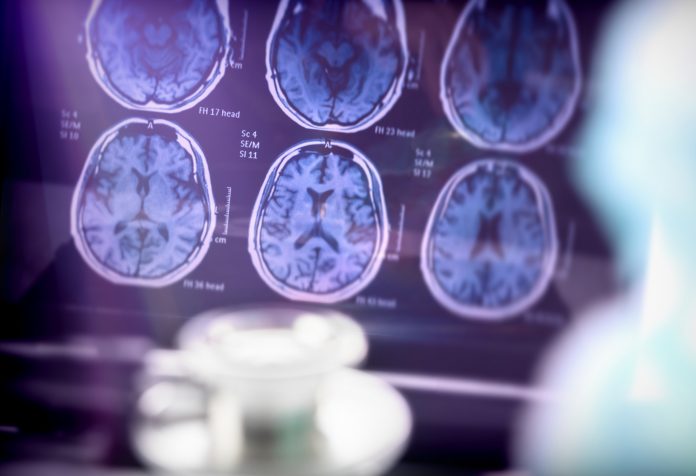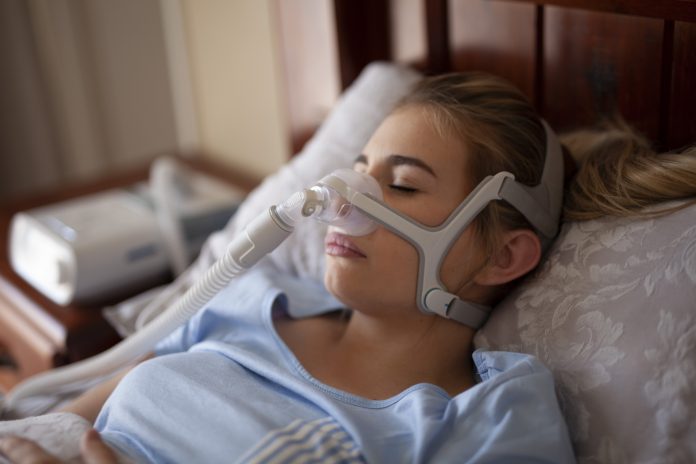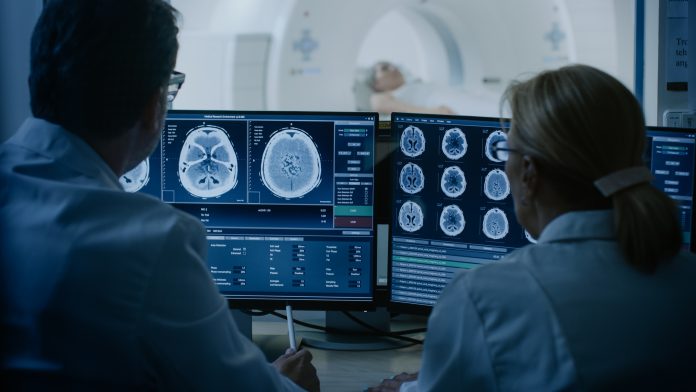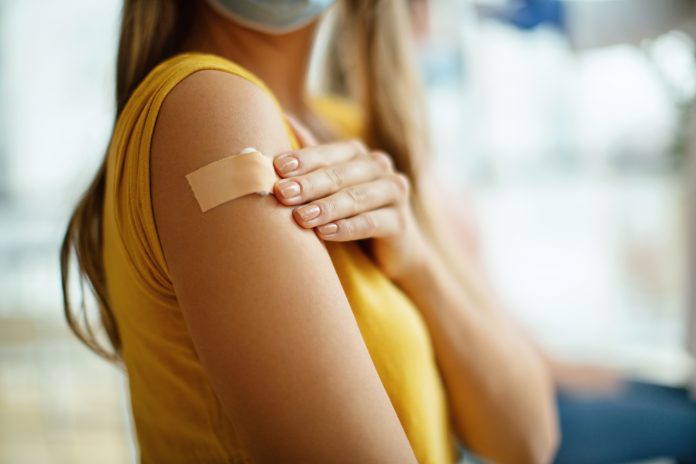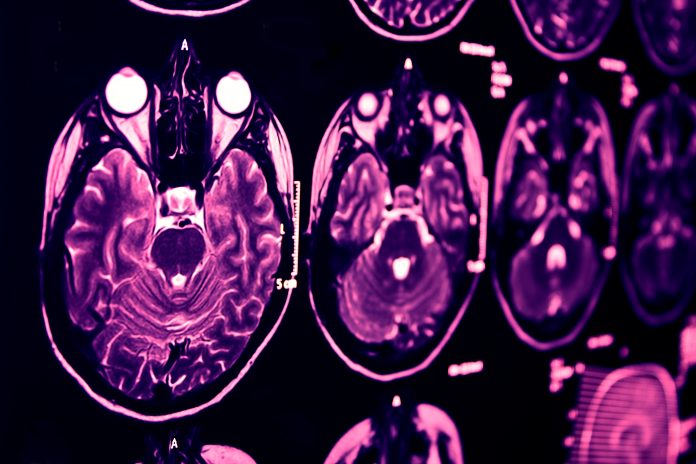Open Access Government produces compelling and informative news, publications, eBooks, and academic research articles for the public and private sector looking at health, diseases & conditions, workplace, research & innovation, digital transformation, government policy, environment, agriculture, energy, transport and more.
Home Search
stroke - search results
If you're not happy with the results, please do another search
Is fizzy drink consumption linked to a higher risk of a stroke?
Recent findings from a global research initiative led by the University of Galway and McMaster University have revealed the impact of beverage choices and stroke risk.
New report highlights nurses’ crucial role in supporting the mental health of stroke survivors
A new report from the American Stroke Association emphasises the critical role nurses play in addressing the emotional and social health challenges that stroke survivors often face.
Microplastics linked to increased risk of heart disease, stroke and death
A groundbreaking study has revealed a disturbing link between microplastics and human health. Researchers have discovered that tiny plastic particles are present in the bloodstreams of a significant number of people.
Stroke rehabilitation milestone, neurological conditions and future therapy
Martin Schuettler, Chief Technology Officer of CorTec GmbH, walks us through a groundbreaking achievement in the development of future therapies for neurological conditions like stroke.
Breaking down the key components of effective post-stroke care
Lorna Rothery spoke to stroke researcher and ESO Fellow Rajiv Advani about the wider psychological impacts of stroke, how AI could be harnessed to improve post-stroke care for patients, and the importance of increasing symptom awareness.
Invasive electrical stimulation for stroke treatment
The CorTec Brain Interchange system is a potential tool to improve motor rehabilitation after stroke (Schuettler, 2023). Here, it is sketched how results from studies of other groups are combined to form CorTec’s vision of a new therapy and how first human data was collected to prove the systems therapy capability.
Advancing the future of UK stroke care with deep AI
RapidAI provides AI-based solutions to optimize care delivery and support clinical decision-making. Here, they discuss the vital opportunities to advance stroke care by implementing AI technology.
Cannabis use linked to increased risk of heart attack and stroke
Analysis of over 430,000 adults in the United States has unveiled concerning connections between cannabis consumption and heightened risks of heart attack and stroke.
Is radon exposure linked to increased stroke risk?
A recent study has revealed a concerning association between exposure to radon and an elevated risk of a stroke.
Preparing for a clinical study on implant-enhance stroke rehabilitation
Martin Schuettler, Chief Technology Officer at CorTec GmbH, addresses key questions around the development of the company’s innovative Brain Interchange System to support stroke rehabilitation therapy.
Supporting stroke patients: The societal and healthcare burden of stroke
Elliot Grantham, Market Development Manager at Medtronic, discusses the challenges in stroke care and how it could be improved for stroke patients.
Options for stroke survivors: From stroke to conventional therapy
Discovery of novel treatment options for stroke survivors – requirements for implanted systems.
Machine learning identifies physical signs of stroke
Researchers presented a groundbreaking app at the Society of NeuroInterventional Surgery's 20th Annual Meeting, using machine learning to detect physical signs of stroke.
Breaking new ground in stroke research and care
Simone Schoenwaelder from Australia’s Heart Research Institute tells us about exciting advancements in stroke research and care that could dramatically improve clinical outcomes for patients.
Innovative technologies improving stroke care and physician burnout
Zoë Sebastian from RapidAI shares how novel solutions are making a meaningful impact on the delivery of care, reducing physician burnout, and ultimately improving patient outcomes in stroke care and beyond.
AI tool can outperform humans in stroke identification
Researchers from Denmark have developed a cutting-edge artificial intelligence (AI) framework that outperforms human emergency call-takers in the field of stroke identification
This ground-breaking system has the enormous potential to serve as a complementary tool for accurate and early stroke recognition in the future by successfully identifying strokes across different...
Sleep apnea patients have higher risk of stroke, Alzheimer’s, and cognitive decline
Sleep apnea patients with reduced deep sleep have a greater risk of brain biomarkers linked to stroke, Alzheimer's, and cognitive decline.
Technology-supported workflow for better stroke care
Mary Hardcastle, the Vice President of Sales, EMEA at RapidAI, discusses how advanced technology is supporting more efficient stroke care, as hospitals work to meet ambitious new guideliness for care.
COVID-19 vaccination linked with fewer heart attacks and strokes
Researchers at Icahn School of Medicine at Mount Sinai prove that the COVID-19 vaccination is associated with fewer heart attacks, strokes, and other cardiovascular issues.
Brainomix & Visionable: Delivering complete stroke solutions
Brainomix & Visionable technologies provide full pathway stroke solutions for teams, reducing workload and improving patient outcomes.

